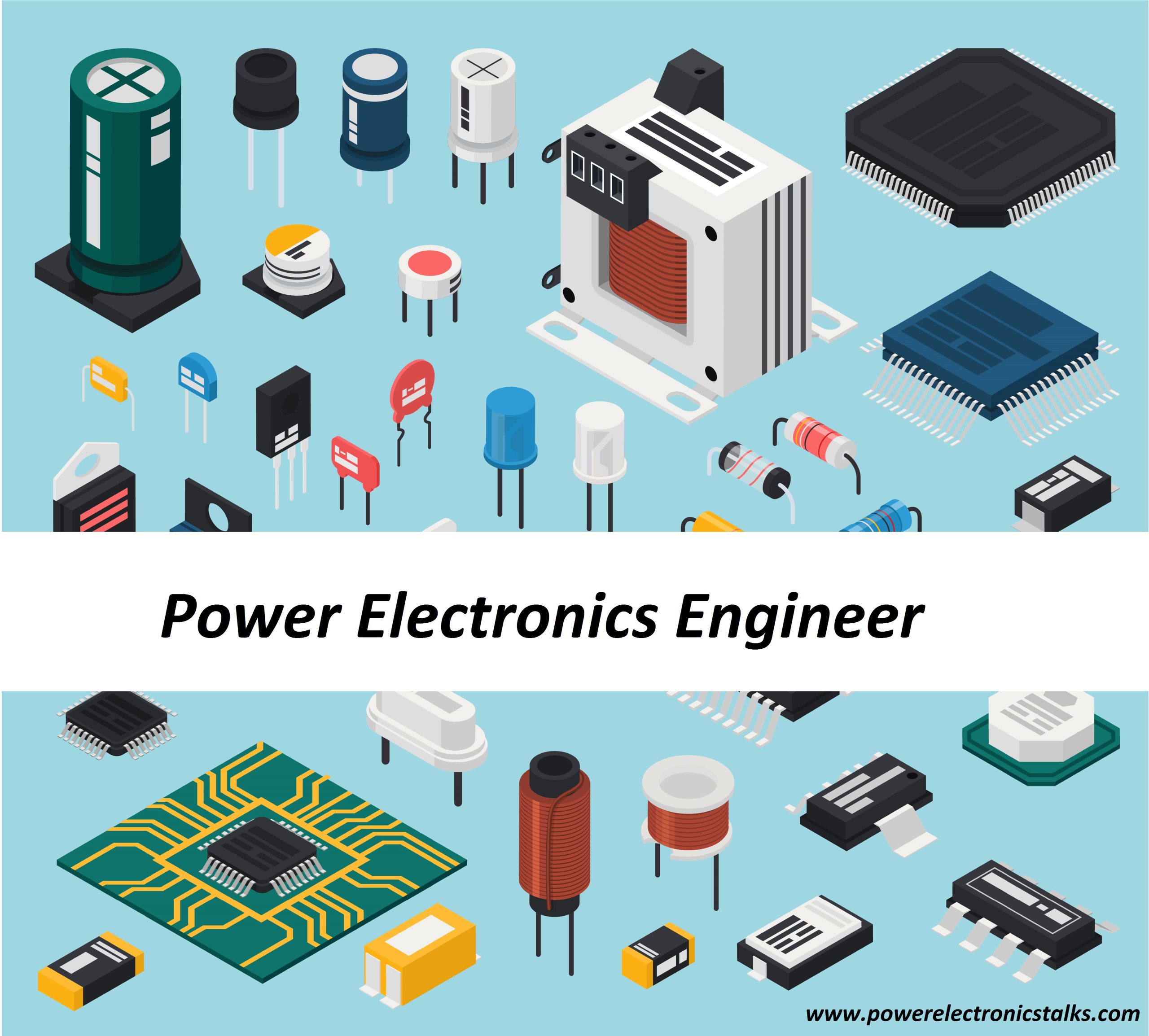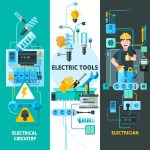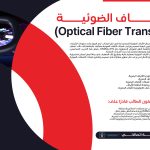Overview:
The Power Electronics course provides an in-depth understanding of the principles and techniques used in power and energy applications. Focusing on the utilization of electronic components in electrical systems—such as electric motors, speed control systems, and renewable energy systems—the course equips participants with the theoretical and practical knowledge needed for efficient design and implementation of power electronics systems.
Course Objectives:
- Introduce participants to concepts of power electronics and their everyday applications.
- Enable participants to understand the fundamental components of power electronic systems, such as converters, inverters, and switches.
- Teach participants how to analyze and design power electronic circuits.
- Enhance practical skills through hands-on experiments with electronic components.
- Provide knowledge to select appropriate components for specific applications.
Training Content:
- Introduction to Power Electronics:
- Definition of power electronics.
- Differences between power electronics and low-power electronics.
- Importance of power electronics in energy systems.
- Fundamental Components:
- Transformers: Types and functions.
- Inverters: How they work and their applications.
- Switches: Open/closed circuits.
- Other components: Capacitors, resistors, and inductors.
- Power Electronic Circuit Analysis:
- Kirchhoff’s laws and circuit analysis methods.
- Analysis of AC and DC circuits.
- Circuit systems: Series and parallel components.
- Circuit Design:
- Steps in designing electronic circuits.
- Using engineering software for circuit design.
- Testing circuits and performance analysis.
- Control Systems:
- Speed control: Converters and controllers.
- Applications of motor control.
- Smart control technologies.
- Applications of Power Electronics:
- Solar and wind energy systems.
- Control electronics in electric vehicles.
- Use of power electronics in industry.
- Practical Experiments:
- Building simple electronic circuits.
- Testing the performance of transformers and inverters.
- Hands-on projects in power electronics.
- Safety in Power Electronics:
- Safety standards for working with electrical circuits.
- Risks associated with electrical equipment and handling procedures.
- Future Trends:
- Recent advancements in power electronics.
- Impact of modern technology on system design.
Target Audience:
- Electronics engineers.
- Electrical technicians.
- Students in electrical and electronic engineering.
- Professionals in power systems and renewable energy.
- Anyone interested in enhancing their skills in power electronics.
This course is suitable for both beginners and professionals, offering a blend of theoretical knowledge and practical application to ensure participants are prepared to tackle the challenges of power electronics in today’s market.






